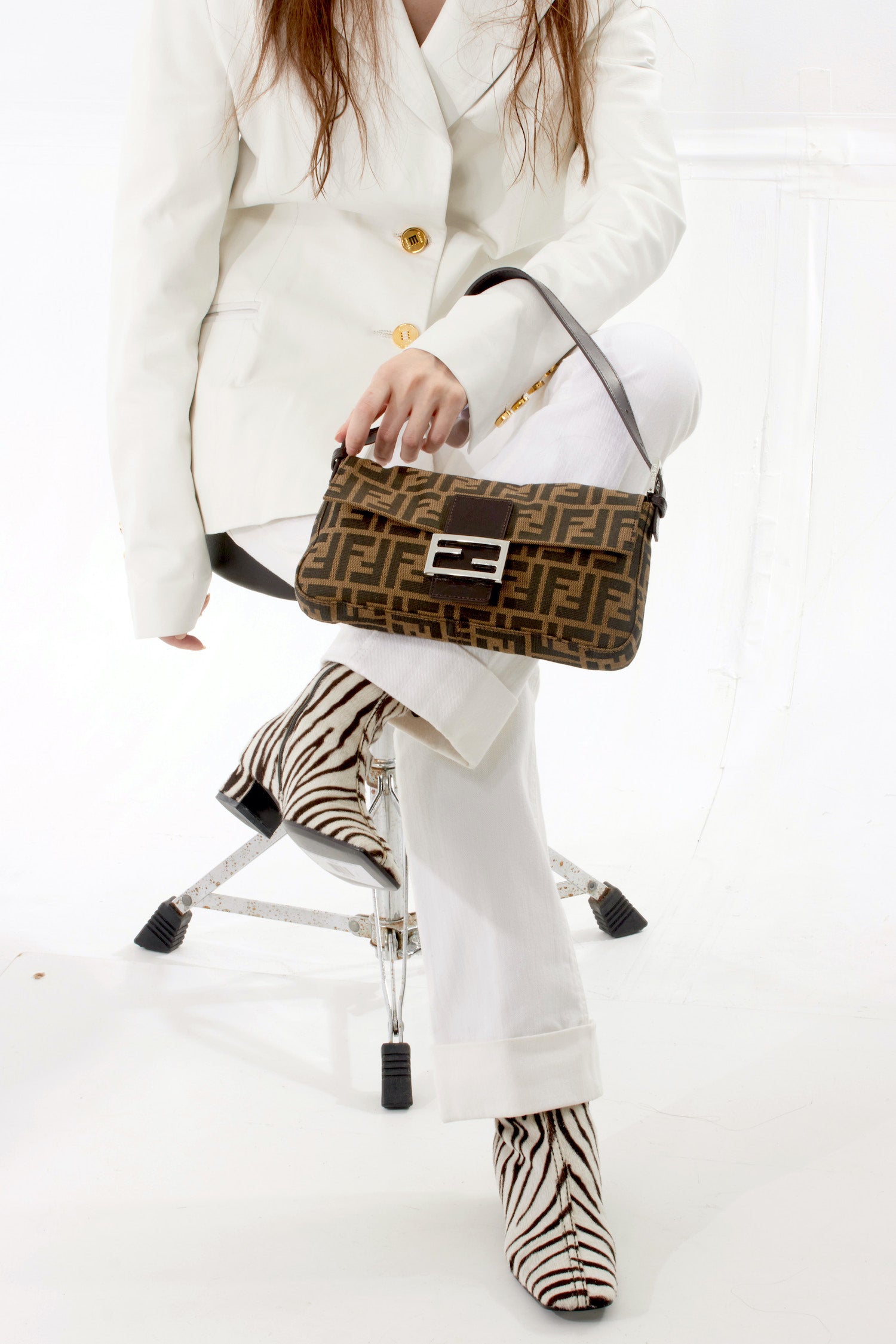How to Identify and Avoid Online Scams in the Luxury Resale Market
The luxury resale market has exploded in popularity, offering a sustainable and cost-effective way to own pieces from brands like Chanel, Louis Vuitton, and Dior. Today, pre-owned designer bags and other high-end items are just a click away, with carefully curated platforms and marketplaces. However, this surge in popularity comes with a darker side—increasingly sophisticated online scams that put buyers at risk of losing money or receiving counterfeit goods.
Online scams are becoming a serious issue in the luxury resale store space. To protect yourself and shop with confidence, it’s critical to know what risks exist and how to avoid them. This article will walk you through the most common scams, how to spot them, and actionable tips to stay safe while buying authentic luxury bags.
Understanding the Risks
To appreciate how pervasive online scams are in the luxury resale market, consider these statistics:
- The global pre-owned luxury market is expected to surpass $50 billion by 2026, fueled by conscious consumerism and trends like “pre-loved fashion.”
- Over 20% of online luxury listings are believed to contain counterfeit goods, costing unsuspecting buyers billions every year.
There are countless scam tactics, but here are the most common ones to watch out for:
1. Phantom Listings
Sellers post fake product listings with attractive pricing for used designer handbags they don’t actually own. After accepting payments, they vanish, leaving buyers without a product or a way to refund.
2. Fake Authentication Certificates
Scammers produce counterfeit documents to “prove” a product’s authenticity. These fake certificates often fool buyers into purchasing counterfeit items.
3. Payment Diversion Schemes
Buyers are asked to send money through untraceable methods like gift cards or bank transfers instead of secure platform payment systems. Once paid, the seller disappears.
4. Switch-and-Return Frauds
This scheme targets sellers, where a genuine item is bought and later returned with a counterfeit substitute. The scammer keeps the authentic product.
5. Unverified New Accounts
Scam accounts often have no sales history or reviews, relying on naive buyers to trust their claims.
6. Overpayment Offers
Some scammers pose as buyers, paying more than the item’s value and requesting the refund of the "extra amount” to initiate a fraudulent money-mule setup.
How to Identify Potential Scams
Spotting red flags early can save you time, money, and frustration. Keep an eye out for these warning signs when shopping for pre-owned designer bags:
Suspiciously Low Prices
If it seems too good to be true, it probably is. Be cautious of listings where the price is significantly lower than market value, even for second-hand luxury items.
Unverified Seller Accounts
Avoid working with sellers who don’t have reviews, profile verification, or a history on the platform.
Pressure to Make Quick Decisions
Scammers often create urgency with phrases like “limited-time deal” or “first come, first served.” Don’t rush into a purchase.
Requests for Off-Platform Payments
Always stick to the platform’s payment channels. Sellers pushing for wire transfers, gift cards, or other untraceable methods should raise alarms.
Poor Product Images or Descriptions
Listings with blurry images, stock photos, or incomplete descriptions are a red flag. Lack of visible details like logos, serial numbers, or condition reports should also be treated with suspicion.
Tips for Avoiding Online Scams
Want to shop second-hand luxury with peace of mind? Follow these tips to stay safe:
1. Research the Seller and Platform
- Choose reputable platforms like Retyche, known for offering authentic pre-loved designer items.
- Check seller reviews and account longevity before making a purchase.
2. Use Secure Payment Methods
- Stick to payment systems with fraud protection (e.g., credit cards or PayPal). Avoid wire transfers or cash apps.
- Some platforms offer integrated escrow services, ensuring funds are only released after both parties are satisfied.
3. Request Detailed Product Information
Ask for clear photos of the product, including close-ups of logos, serial numbers, and any imperfections. This can help confirm authenticity or surface red flags.
4. Authenticate the Product
- Authentication Services: Many platforms, includingKnockoff Luxury , offer in-house authentication. Alternatively, use third-party services like Entrupy.
- Inspection Tips: Check stitching, hardware weight, logo engravings, and overall quality. Many counterfeit goods skip these finer details.
5. Avoid Off-Platform Communication
Keep all messages within the marketplace. This creates a record of the transaction and makes it easier to resolve disputes if needed.
6. Verify Certificates
Don’t blindly trust authentication certificates. Cross-check with online resources or brands directly to ensure their legitimacy.
7. Educate Yourself
Take advantage of resources to learn more about identifying counterfeit luxury goods. Brands like Chanel and Louis Vuitton have guides online detailing what to look for in authentic pieces.
Shop Smart and Stylishly in the Luxury Resale Market
The market for second-hand designer bags and luxury goods offers exciting opportunities, from snagging rare finds to making sustainable fashion decisions. However, with opportunity comes risk. Scammers are constantly finding new ways to exploit buyers, making it crucial to shop with caution.
By learning how to recognize red flags, researching sellers and platforms, and utilizing secure payment methods and authenticity checks, you can enjoy the thrill of luxury resale shopping without falling victim to scams.
Why risk it? Platforms like Retyche guarantee authentic luxury bags with Entrupy authentication and secure payment systems, making them a go-to for anyone serious about shopping confidently.
Exclusive Offer: Enjoy up to 50% OFF retail prices and get $50 off your first order when you shop now.
Click below to explore our collection of pre-loved luxury handbags.


